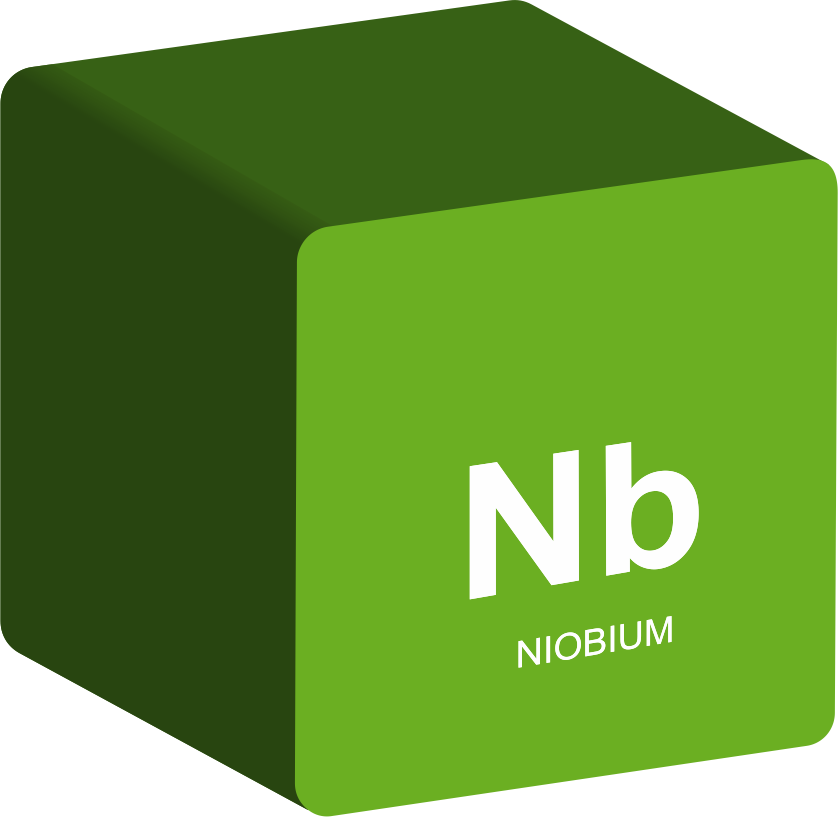PM Sees WA As Critical Minerals Powerhouse
Scott Morrison believes increasing demand for the critical minerals required for the global transition to clean energy will present significant new opportunities for Western Australia’s resources sector for decades to come.
The prime minister told the Chamber of Commerce and Industry WA that demand for critical minerals is increasing due to the expansion of their use in aerospace, defence and other high-end technological applications.
“This is not just an economic imperative. It is also a strategic imperative in areas vital to our national interests,” he says.
Critical minerals, such as nickel, magnesium and other rare-earth elements, are heavily used in the manufacture of technology such as mobile phones, electric cars and solar panels.
Ahead of the March 29 budget, Mr Morrison announced the critical mineral sector will be bolstered with a further $243 million to be spent across four projects in the sector.
Nearly half of the funding, $119.6 million, will go towards an integrated nickel manganese cobalt battery material refinery hub in Kalgoorlie.
Meanwhile, $49 million will be spent on processing high-grade vanadium from a Western Australian mine and transporting it to a plant powered by clean hydrogen.
There will be $30 million set aside for a rare-earth separation plant in the Northern Territory, the second of its type outside China and the first in Australia.
The fourth package will be $45 million to help construct a high-purity alumina production facility near Gladstone in Queensland to help meet rising demand for lithium-ion batteries and LED lights.
It is expected the four projects will help create more than 3400 jobs.
The government is also providing a further $200 million over five years through its critical minerals accelerator initiative to support strategically significant projects.
The initiative will consider proposals ranging between $1 million and $30 million for each project, with the projects expected to contribute 50 per cent co-funding.
It is also committing $50 million over three years to establish the virtual National Critical Minerals Research and Development Centre.
This will drive breakthrough collaborative research, drawing together expertise from CSIRO, Geoscience Australia and the Australian Nuclear Science and Technology Organisation.
“Our goal is to make Australia a critical minerals powerhouse in the new global economy,” Mr Morrison said.
“Critical minerals are key to a stronger economy for Australia, and key to a stronger future.”
The critical minerals projects will form part of the federal government’s $1.3 billion modern manufacturing initiative.
In a statement, Industry Minister Angus Taylor said the projects would mean Australia would capture more of the global supply chain.
He said the initiatives would help address the dominance of China in the area, which is currently responsible for between 70 and 80 per cent of critical mineral production.
“Australia is lucky to have some of the largest reserves of the critical minerals and metals which drive the modern global economy … this initiative is designed to address (China’s) dominance,” he said.
Meanwhile, Treasurer Josh Frydenberg is reportedly still considering extending the low and middle income tax offset, which is due to end this financial year.
It would give an eligible taxpayer an offset of up to $1080 for another 12 months.
This would come at a time of increasing cost of living pressures, not least record petrol prices at over $2 a litre.
www.ferroalloynet.com

